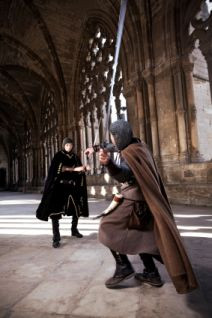

Mockingjay, however, shifts to all-out war, with all the frustrating politics and unimaginable pain that comes with it. The books are about the birth of a movement, as accidentally sparked by this one incredibly strong, conflicted girl.

The choice makes sense in the first two books, which track Katniss’s bloody fight for her life in The Hunger Games and, after she emerges victorious, her fraught role in the spotlight in Catching Fire. LionsgateĬollins wrote the Hunger Games series in the first person, as seen through the eyes of reluctant revolutionary Katniss Everdeen (played by an iron-jawed Jennifer Lawrence in the movies). Katniss Everdeen's perspective is too limited for Mockingjay's sweeping scope "Okay, seriously, what's going on?" -Katniss Everdeen, always. Mockingjay is dark, searing, and appropriately tragic - but in order to work on all the levels Collins wanted it to, the book needed to get the hell out of Katniss Everdeen’s head. Collins’s willingness to muddy the moral waters and kill characters as randomly as combat does is jarring and stunning, even in the aftermath of The Hunger Games and Catching Fire’s graphic brutality. Mockingjay is brimming with fascinating ideas and uncomfortable truths, but it ultimately collapses at the finish, with palpable exhaustion.Īnd that's a shame, because when the book delves into the traumas and wrenching costs of war, it can be truly awesome. Related Review: The Hunger Games: Mockingjay Part 2 is an impressively grim mess


 0 kommentar(er)
0 kommentar(er)
